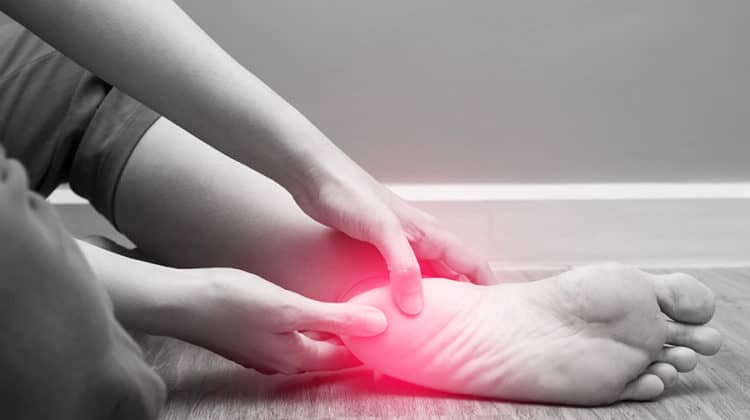Preventing Injuries With Myotherapy

Unless you’re a professional athlete (and if you are, we’ll pretend we’re only mildly jealous), the chances are that you only see a specialist for any issue once a problem becomes intolerable. That’s not a dig, it’s just what experience has shown us.
Although we’ve all heard heard the phrase ‘prevention is better than cure’ a thousand times, it’s something that can be very difficult to incorporate into our exercise routine. Whether it’s a fear of cost, a lack of time, or just not quite being sure exactly who to ask, there are a range of factors preventing us from taking the preventative measures we should be.
Prevention should be your goal
At the most basic level, preventing injuries hurts a lot less than having and treating them. For example, if you’ve got a hamstring that’s perilously close to injury, any treatments and accompanied stretches are going to be far more comfortable than that dreaded ‘ping’ in the back of your leg as you try to accelerate. Similarly, the time and money you’ll spend on prevention pales in comparison to treatment.
Injury is sometimes unavoidable
Unfortunately, there’s probably not a soul reading this blog who won’t experience some kind of injury over the next few years. You can’t ever have complete control over what’s going to happen to your body. However, if you’ve been active with your prevention, the chances are that you’ll be able to recover in a fraction of the time it might normally take.
Additionally, your confidence in your own body will be higher upon your return from injury if you’re not battling to address years of bad practice.
So how can a myotherapist help?
A myotherapist is going to be able to help you better understand your musculoskeletal structure, and identify any areas of elevated risk. Our bodies are wonderful at adapting to any areas of weakness or instability over time, but this can create problems down the line.
For instance, if the muscles in your backside aren’t doing everything they should to stabilize you and minimize the transmission of shock up through the body, it’s likely your thighs will begin to compensate. While you’re unlikely to notice any difference, your chances of injuring those overworked quads is massively increased. Likewise, your lower back is in increased danger as it operates on a makeshift solution.
Your body is unique
Most importantly, a myotherapist is going to be able to give you advice specifically for your body. More general tips and tricks such as warming up, getting enough sleep, and fuelling your body correctly are great, but they’re never going to be as effective as tailored instruction.
If you’ve got a lingering complaint, a customized exercise routine is going to put you in the best position to avoid it blowing up in your face. Similarly, something as simple as taping before exercise could dramatically reduce the load on problem areas.
Although nobody will be injury-free for life, a myotherapist can help you to reduce your risk. The first step is always knowing what you’re working with, and having an expert point out any looming problems. If disaster does strike, a healthy record of prevention work puts you in the best possible position to reduce the toll on your routine, your life, and your wallet.
For myotherapy, dry needling or remedial massage in Brunswick, contact Northern Myotherapy at 03 9078 9953.






